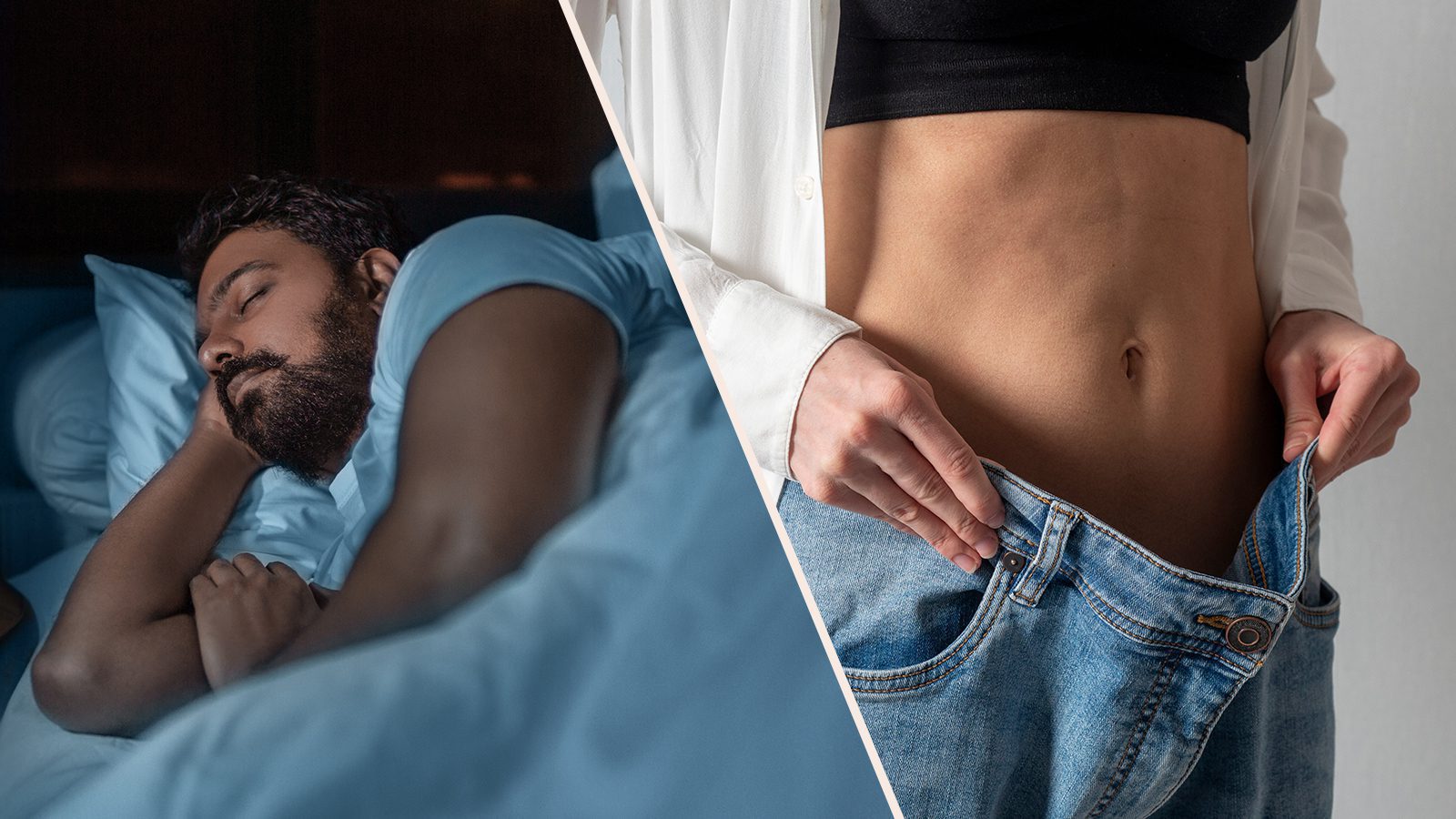Many people enjoy drinking alcohol because it helps them relax and unwind after a stressful day. It’s also popular because it makes people feel more uninhibited and confident in social situations, like parties or bars. While alcohol can temporarily alter your emotional state, it also has many downsides.
When you drink, you probably don’t consider the dangers of alcohol since you’re having a good time. Or, you might brush aside any possible negative consequences and believe they won’t happen to you. However, it’s worth considering the health risks of alcohol so that a drinking habit doesn’t develop into substance abuse or chronic conditions like heart disease.
Plus, many people don’t like having a crutch to help them forget the world’s stresses and daily lives. It may feel exhilarating and euphoric initially, but like any addiction, it eventually becomes a sweet poison. They realize they would rather face issues head-on than drown their problems in alcohol and other vices. In a way, giving up drinking feels freeing because your desires and bad habits no longer control you.
So, if you’d like encouragement to quit drinking and begin a healthier lifestyle, read on to discover the positive impact it will have on your mind and body.
7 Positive Mental and Physical Effects of Quitting Alcohol
1. You’ll enjoy deeper sleep.
Have you ever noticed you wake up groggy after a night of drinking? While alcohol may help you fall asleep faster, it also can cause insomnia later in the night. This occurs because alcohol spikes your insulin levels, initially making you sleepy but wired and restless later. It also negatively affects your circadian rhythm and prevents deep sleep, which is crucial for health and well-being. So, by quitting alcohol, you’ll feel more alert and rejuvenated each day, and you won’t have to deal with those awful hangovers any longer!
2. Quitting alcohol will help you think clearly.
You’ve probably noticed that alcohol causes brain fog and forgetfulness, especially if you’ve had more than a few glasses. It slows your reaction time and puts you in a haze, which explains why getting behind the wheel while drunk causes accidents or even death. Alcohol impairs several parts of your brain that govern memory and information processing, such as the hippocampus, frontal lobes, and cerebral cortex.
When you abstain from alcohol, you’ll notice an improved mood and mental alertness because you’ll feel less tired. Your memory will also bounce back, and your emotions will stabilize as your brain heals.
3. You may lose weight when you stop drinking.
Since alcohol slows your metabolism, it can lead to weight gain over time. Your body considers alcohol a toxin, so your liver metabolizes it before other nutrients. Therefore, drinking causes you to store more fats and sugars as your liver struggles to keep up.
Not to mention, alcohol is high in calories (around 160 calories for a glass of red wine and 210 or more for a pint of beer). In addition, many of the “fruity” drinks mixed with vodka or tequila are loaded with sugars.
All these excess calories get stored as fat, which can cause numerous health conditions. So, when you stop drinking, you may inadvertently lose weight without having to change anything else about your routine.
4. Giving up alcohol will improve your digestion.
Alcohol impairs nutrient absorption and hinders digestion because it irritates the gastrointestinal tract and stomach lining. Also, drinking causes you to produce excess amounts of gastric acid, which can lead to indigestion and acid reflux. In severe cases, alcohol consumption can cause gastrointestinal disorders like esophagitis and gastritis. When you stop drinking, however, your stomach muscles will begin to relax, and your body can absorb more nutrients.
5. Your immune system will function more efficiently.
People who drink alcohol tend to get sick more often because of an impaired immune system. Drinking lowers your immunity by reducing antibodies that fight infections, increasing inflammation, and negatively affecting gut bacteria. But when you stop drinking, your body can recover, and your immune system will get better at detecting harmful bacteria and viruses.
6. You’ll feel more hydrated.
Alcohol is a diuretic that promotes water loss through greater urine output. You’ve probably noticed that you need to use the bathroom more frequently after a night of heavy drinking. That’s because alcohol causes a decrease in the antidiuretic hormone, or ADH, which signals your kidneys to retain water. So, your kidneys will increase urine output when your body produces less of this hormone.
Therefore, abstaining from drinking will help you feel more hydrated since you won’t lose as much water.
7. You’ll have a lower risk of cardiovascular disease.
According to an American Heart Association (AHA) study, heavy drinking increases the risk of heart disease, stroke, high blood pressure, and cardiomyopathy. That’s because alcohol weakens the heart muscles over time, constricts blood vessels, and causes water retention, all of which contribute to poor heart health. In addition, drinking increases inflammation in the body, which puts immense pressure on the heart and other organs.
But just a few weeks after you stop drinking, you’ll notice lower blood pressure and perhaps weight loss, which will also improve your heart health. Your heart rate will also decrease, making you feel more relaxed and allowing your nervous system to heal.
Final Thoughts on What Happens When You Quit Drinking
While light-to-moderate drinking likely won’t harm your health, excessive alcohol consumption can cause serious issues. For one, drinking leads to dehydration and insomnia, depleting your energy levels and causing electrolyte imbalances.
Also, alcohol abuse may lead to other alarming health problems like heart disease, diabetes, stroke, and digestive disorders. Some research has even shown that drinking can increase the risk of certain cancers like breast, liver, and esophageal cancers. Finally, heavy drinking can cause brain fog and contribute to neurodegenerative illnesses like Alzheimer’s.
You may reverse chronic conditions and have a new lease on life by giving up drinking. It may seem challenging initially, but a robust support system and healthy coping skills can ensure success. You can quickly transform your life if you keep your eye on the prize (positive mental and physical health).

















 Community
Community

